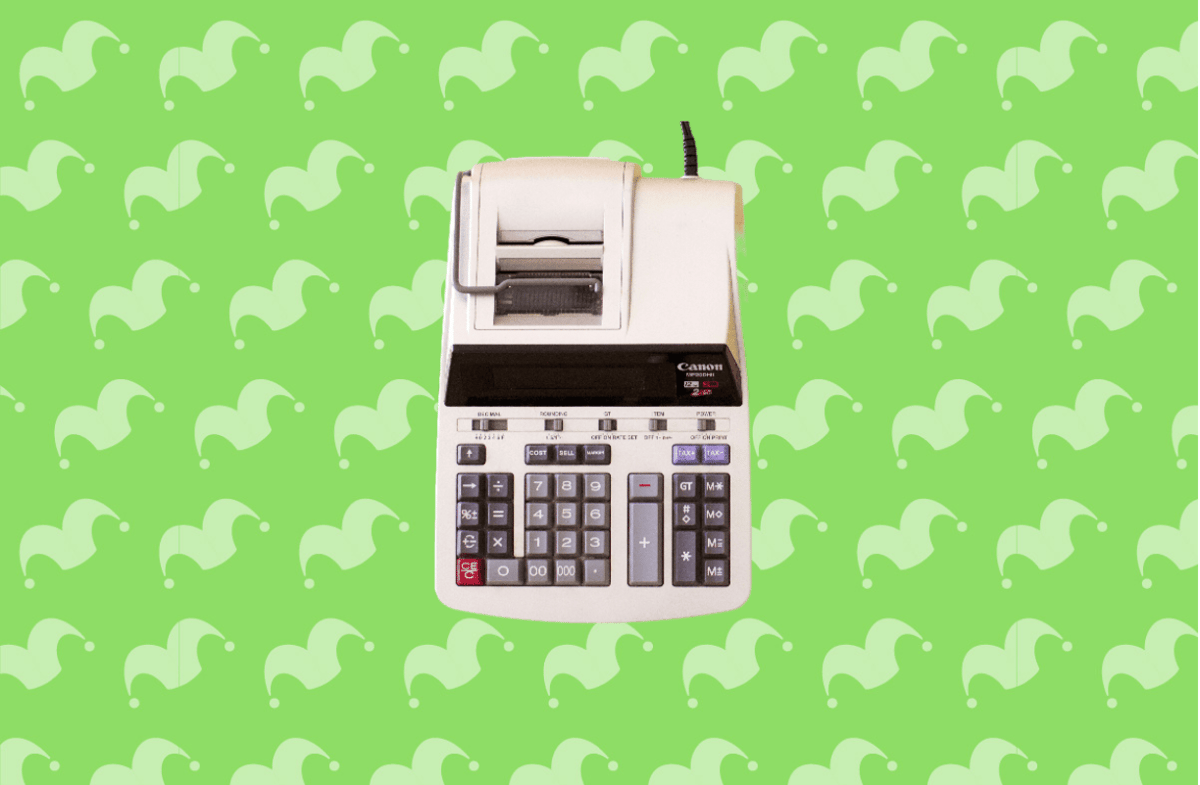6 Mistakes That Could Trigger a Tax Audit

Reduce Audit Risk with These Tax Mistakes
Do you find yourself worrying about being audited each and every tax season? If so, it may ease your mind to know that the IRS audited only 0.38% of all tax returns during the fiscal year 2022. That means that fewer than four out of every 1,000 returns were flagged for a more thorough examination. Fortunately, there are lessons to be learned from those audited tax returns, including which mistakes are most likely to raise red flags. Here are six of them.
Fibbing
As a general rule, it's not a good idea to lie to the IRS. Whether you're deflating your income to avoid paying taxes or claiming a dependent you don't have a legal right to claim, you could find yourself in trouble.
Calling a hobby a business
Trying to write off the expenses associated with a hobby by labeling them 'business expenses.' Separate business expenses from hobby expenses.
Personal use of a business vehicle
Keep careful records detailing the mileage driven for business-only trips.
Donating a large portion of your income
Claiming to donate a large portion of your income, particularly if your income is not very high, will immediately raise a red flag.
Inflating the cost of your home office
Claiming your office is much larger than it is or claiming an area is an 'office' when it's actually used for other purposes.
Making simple mistakes
Rushing through your work without double-checking your math or reviewing each line of the return to ensure you haven't forgotten anything.
This article was prepared using information from open sources in accordance with the principles of Ethical Policy. The editorial team is not responsible for absolute accuracy, as it relies on data from the sources referenced.